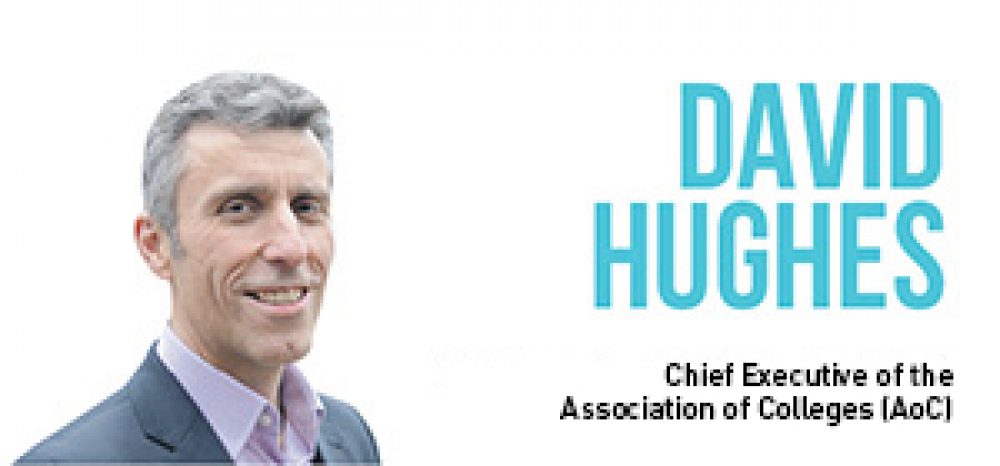Adult literacy and numeracy levels in England came out badly under the scrutiny of the Organisation for Economic Co-operation and Development (OECD). A parliamentary inquiry was therefore a must, says David Hughes.
I am very pleased that the House of Commons Business, Innovation and Skills Select Committee is to hold an inquiry into adult literacy and numeracy.
This recognises how pressing the issue is and is a positive and welcome response to the recent Organisation for Economic Co-operation and Development (OECD) report on adult literacy and numeracy.
The OECD’s Programme for the International Assessment of Adult Competencies (PIAAC) suggested that England’s performance lagged behind that of many of its economic competitors.
It is heartening that there is continued cross-party consensus about the importance of adult basic skills; it is less heartening that we are still needing to discuss it and struggling to actually address the scale of the challenge.
There have been many inquiries over the last decade, from the Moser report in 2001 to our own independent inquiries in 2009, chaired by Dame Mary Marsh and Lord Boswell.
The real challenge for us to debate is how we persuade government that investing more money will address the enormous scale of this challenge
These and more have helped move things forward, but the scale of the challenge has swamped the recommendations.
What is clear is that improving adult literacy and numeracy will take a generation; in fact, the problem is made tougher every year when young people leave school with low levels of literacy and numeracy.
So, we can probably all agree that quick fixes are not enough, even though they may be welcome.
The real challenge for us to debate is how we persuade government that investing more money will address the enormous scale of this challenge.
I say this because all of the evidence shows that the large numbers of adults with the most to gain from learning the fundamental skills of literacy and numeracy are the very ones who have missed out from government investment over the last decade.
Providers have been successful in supporting people to achieve the formal qualifications which earn the funding. The result of this, though, is that too many people at pre-entry or entry level have been overlooked.
My reading of the situation is that there is a good understanding of this and of the social and economic rationale for investment but there is little confidence that more investment will help those most in need.
The Select Committee inquiry gives us an opportunity to discuss this again and provide ideas and evidence of how increased investment could be used differently to make an impact.
I am hoping to hear about innovative practice, outreach examples and ways to motivate people into learning.
I am also keen to hear about the problems in the funding and regulatory systems which hinder reaching people with the lowest levels of literacy and numeracy.
We have recently started on a pertinent piece of work with the Esmee Fairburn Foundation and the Department for Business, Innovation and Skills looking at the development of a broader life skills curriculum, including family learning, delivered as part of a programme of study.
The intention is that, with colleges and providers, we can develop a more flexible programme of study which is attractive to adults with low basic skills.
We want to explore how a more flexible offer can attract adults who are not interested in maths or English as a starting point, but who may be attracted to other things such as financial literacy, health, using technology and how to support children in learning.
If we can show that this reaches different people we can make the case for more investment with more flexibility; both would be great, even one of those would be nice.
Our life skills curriculum is just one of the many creative ideas and approaches I am hoping that the Select Committee will hear about, consider and support.
Let’s flood them with evidence, passion and ideas and use this as a forum to shift the funding rules and regulations so that we can support people who can gain so much from learning the basic skills.
David Hughes, chief executive, National Institute of Adult Continuing Education









Your thoughts